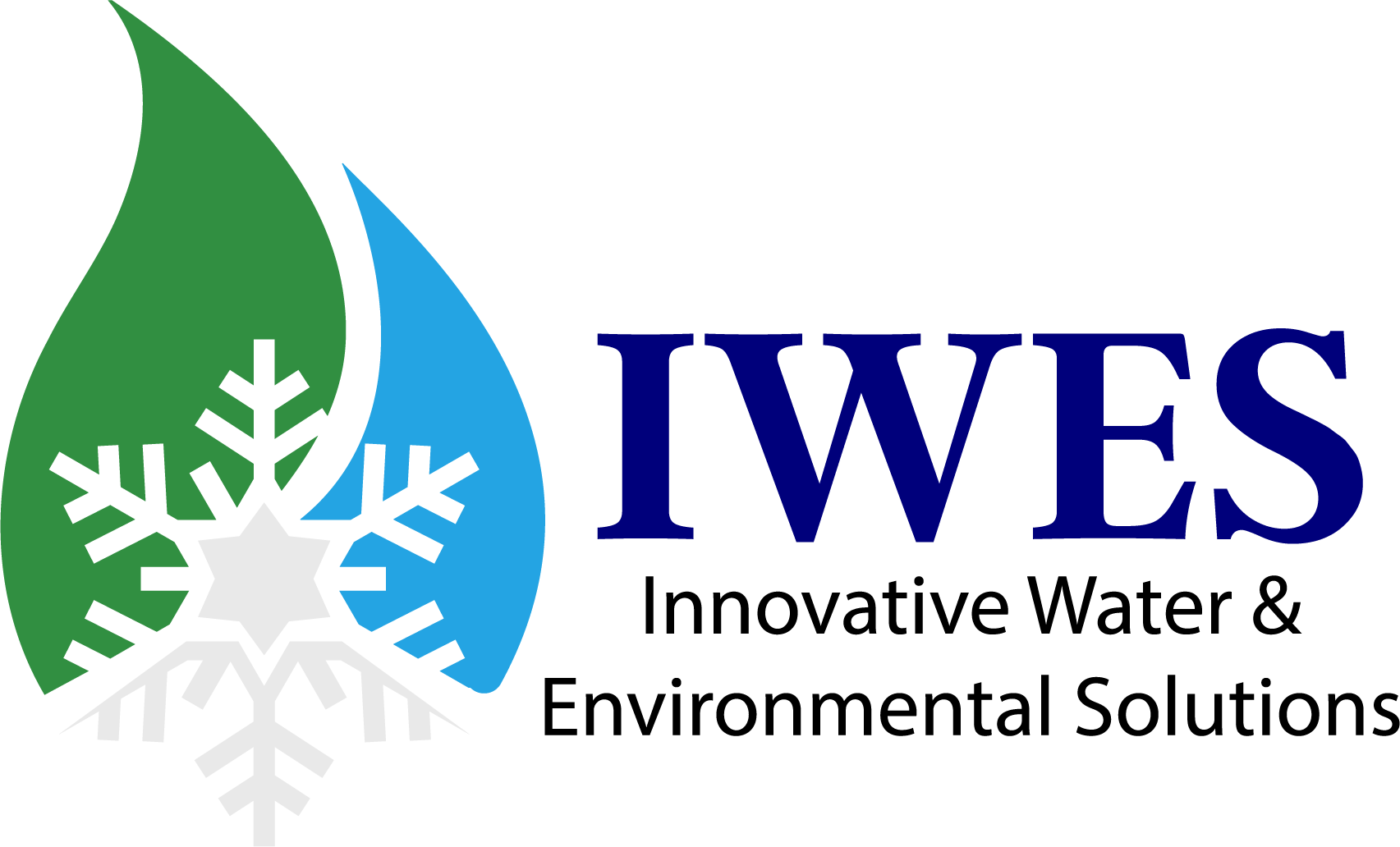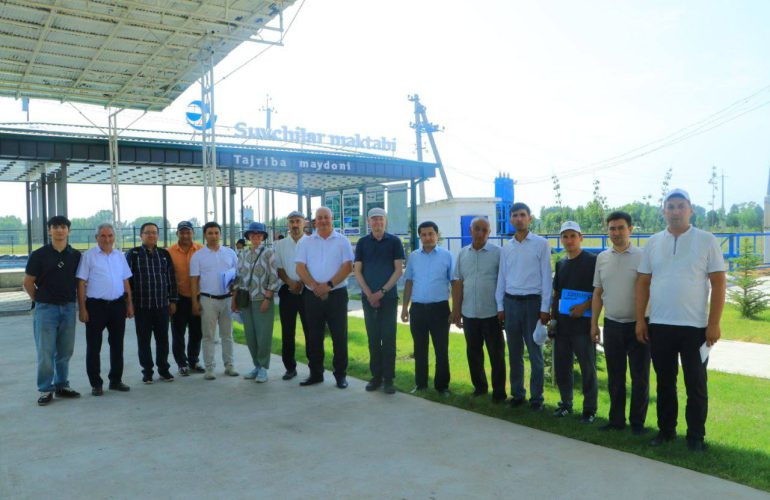| Assignment name:
Impact of the Qush Tepa Canal on the agricultural sector in Uzbekistan |
|
| Name of Client:
German Economic Team |
Duration of assignment (months): 6
Start date (month/year): January 2023 Completion date (month/year): June 2023 |
| Implementing partners, if any:
External Experts – Dr Ihtiyor Bobojonov, Dr. Maksud Bekchanov and Carolin Busch from Berlin Economics |
Country: Uzbekistan
Role on the Assignment: Consultant |
| Description of Project:
On this project we prepared a report that addresses the potential impacts of reduced water availability in Uzbekistan, particularly in regions relying on the Amu Darya River basin. It analyzes the projected effects of both climate change and the construction of the Qush-Tepa canal in Afghanistan, which is expected to further strain water resources. By modelling various scenarios of water reduction, the study predicts significant economic repercussions, especially in the agricultural sector, where water scarcity poses a significant challenge. The report highlights differential impacts across regions, emphasizing the need for targeted policy responses to mitigate adverse effects and promote adaptation measures. |
|
Description of actual services provided by our staff within the assignment:
|
|
Link to the report: https://www.german-economic-team.com/publikation/impact-of-the-qush-tepa-canal-on-the-agricultural-sector-in-uzbekistan/
 info@i-wes.com
info@i-wes.com Propststrasse 8, 10178 Berlin
Propststrasse 8, 10178 Berlin








